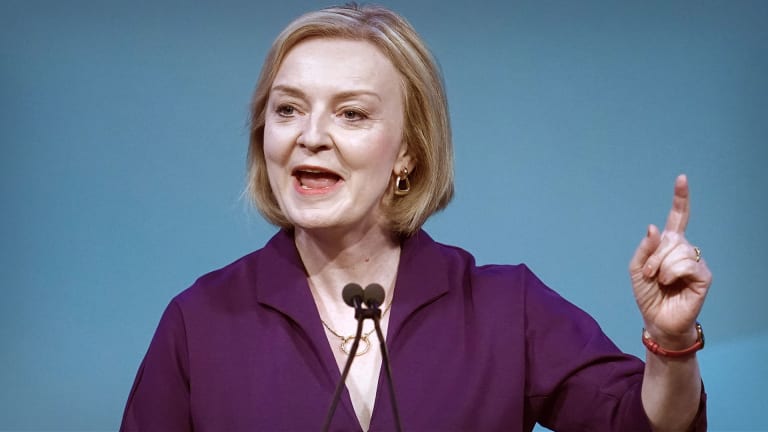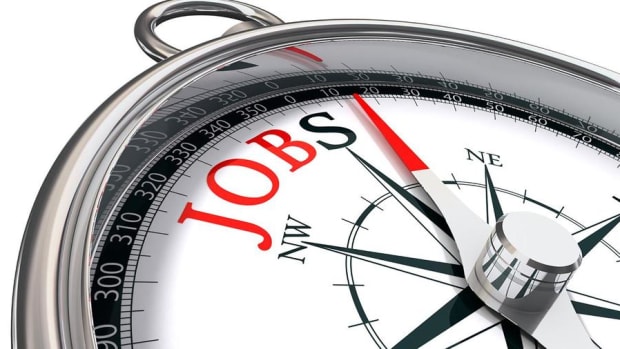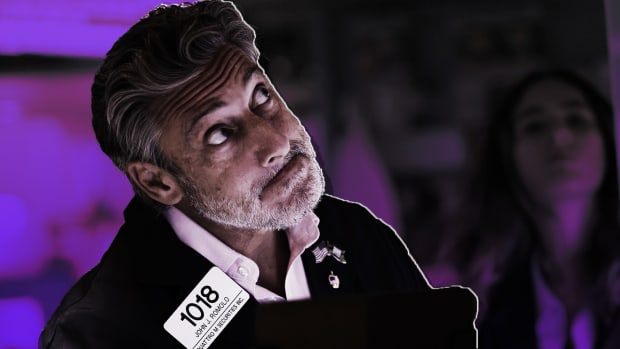
Just 45 Days in Office Qualified Liz Truss For a Sweet Benefit
Thoughts turned to the future in the United Kingdom on Oct. 20 after Conservative Party leader Liz Truss announced her intention to retire and thus become the shortest-serving prime minister in British history.
Truss and her party's plan for radical tax cuts, which by most accounts included scant concerns about paying for them, shocked investors who were concerned the country could not afford them. The pound's value plunged as mortgage costs rose. At the same time, Britain was struggling to recover from the pandemic, and high inflation was already squeezing consumers. Russia's war on Ukraine threatened security and stability in all of Europe.
"We delivered on energy bills and on cutting national insurance. And we set out a vision for a low tax, high growth economy -- that would take advantage of the freedoms of Brexit," Truss wrote in a statement to The Spectator. "I recognise though, given the situation, I cannot deliver the mandate on which I was elected by the Conservative party."
Truss took office on Sept. 6.
Quickly scrambling to demonstrate signs of political stability and democratic legitimacy, the Conservative Party announced it would choose the new Prime Minister by Friday, Oct. 28. Among the possibilities for this role are former Treasury head Rishi Sunak, House of Commons leader Penny Mordaunt; Defense Secretary Ben Wallace; and former prime minister Boris Johnson, Truss's immediate predecessor who resigned amidst a number of scandals including violating his government's own coronavirus isolation rules about gathering socially during the pandemic.
As officials struggle for government cohesion in the coming weeks, attention is beginning to focus on one detail regarding what the future will look like for Truss as well.
The Former PM Gets an Allowance for Life
It's a deal that might make even a Chicago alderman blush.
Even though Truss only served as Prime Minister for 45 days before announcing her resignation, she is eligible for the same allowance that other former PMs have received. The benefit was first implemented in 1991 as Margaret Thatcher was the first to receive it.
It isn't a payment. It's a lifetime allowance, for more than £100,000 (about $110,000 with the current exchange rate) annually that Truss, 47, is eligible to use for public expenses.
The idea is to give a former Prime Minister the ability to pay for travel and staff that are natural parts of continuing to engage in public life. It is not for use in private affairs.
Social Media Reacts
On Twitter, @unusual_whales posted an announcement about the allowance, while others on social media weighed in with some opinions.
"Must be nice, I get fired and struggle to get unemployment that doesn't even cover the cost of rent in low cost living area," posted @Jorgepoorgie.
"Liz Truss's reign spanned over two monarchs. Remarkable, how many Prime Ministers since WWII achieved that?" asks @MichaelAArouet sarcastically.
"Not that I am supporting Liz in any shape or form; but the 'reward' is really for the lifetime of (repugnant/naive/mediocre/excellent) work that leads to becoming a PM," user @alwarming suggests, before adding that perhaps the rule encourages bad leaders to quit early.





